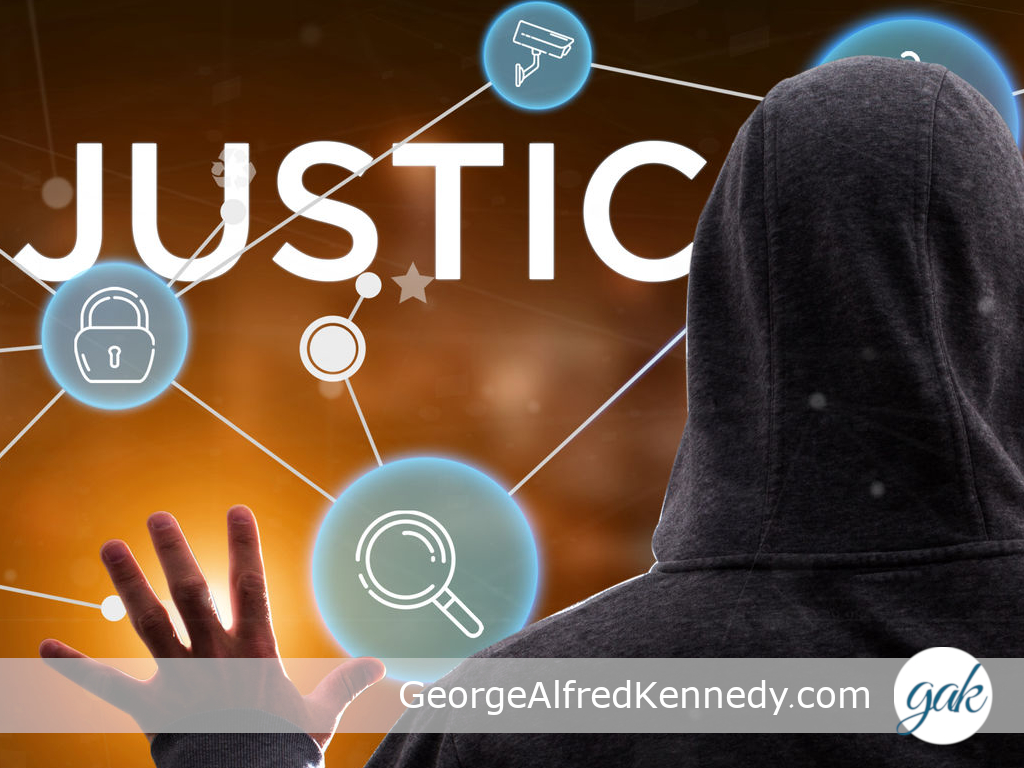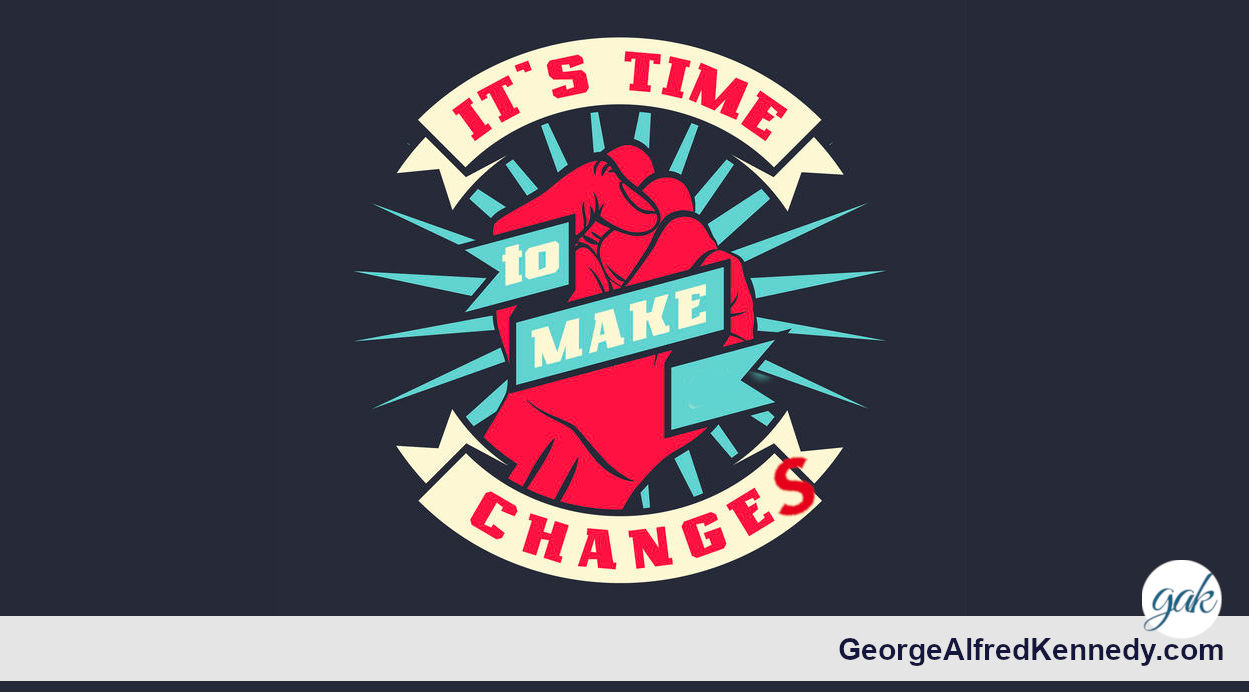
Status Quo vs Status No
by G. Alfred Kennedy
In a recent article, I raised the question “What’s Next?” in the continuing drama unfolding on the streets of America, and in major capitals around the world. A good friend and fellow author, also a keen observer of trends in American political culture, answered that question. To paraphrase him, he referred to the multiracial mass movement against police brutality and racial injustice we now see in the streets, and the ensuing dialogue in community forums, as the titanic struggle of the Status Quo vs. Status No.
Those five words succinctly capture the dynamic playing out in conversations at every level of elected office; within local communities, and most assuredly within law enforcement organizations of every strength and complexity on the streets of America. What is at issue is a debate over change, how much, and for whom. A corollary debate rages about terms: reasonableness, use of force, justice, blue culture, respect, intimidation and fear.
The stakes are high. What is at stake in the current debate are the souls of communities, life itself for people of color, the poor, the dispossessed; or, the fate of usual suspects when police have to match a face with a crime, aka the path of least resistance.
For law enforcement, inherent in the current debate is yet another organized threat to Blue Culture, the “warrior vs. them” culture that defines attitudes among members of American law enforcement. What is at stake is law enforcement’s insistence that they remain the final arbiters of what constitutes acceptable police practice on our streets, and in our very homes in the dead of night: no-knock warrants. What is at stake is the qualified immunity that positions law enforcement beyond accountability and, some would argue, above the laws that govern behavior within the communities cops are sworn to serve and protect. An appropriate analogy with the policy granting qualified immunity is giving the fox license to inspect the chicken coop at will. Imagine the dismay of the farmer when the headcount varies and he sees feathers strewn around the yard.
Law enforcement, buttressed by powerful police unions, symbiotic relationships with local prosecutors, elected officials at all levels of government – including the nation’s chief executive, and a growing proportion of local budgets, is adamant that change is analogous to weakness, capitulation to the forces of darkness, and would dishonor those who wear the blue cloth.
The forces behind Status No argue, legitimately, that in America, we have a Bill of Rights that affords everyone equal protection under the law; that the language in the Bill of Rights does not say “except for African-Americans and other persons of color.” The Status No maintain that in 2020, it is no longer acceptable for cops to “stick the cullids” to generate statistics, and frequently escalate routine interactions with African-Americans to Defcon 2: “I feared for my life and thus I had to take a life; place me on paid administrative leave.”
The Status No ask how have we departed so materially from the concept of community policing? All too often, cops are not residents of the communities they police (especially urban) and adversarial relationships between the cops on patrol and community residents become the norm. Humanity in interactions with the public is reserved for those who look like the cops and live where cops live. How is it that a white male can shoot at cops, wound them, and the culprit is arrested and transported safely to the police station?
Reasonable proposals according to Status No are the repeal of the 1994 Crime bill, and Attorney General Barr’s Operation Relentless Pursuit initiative.
The Status Quo argues domination, containment, control, constraint in policing communities of color and civil protests, but, where is the humanity, compassion, understanding, and restraint – yes restraint. The Status Quo’s preferred mode of communication with African-American males in particular is the interrogative: where are you going – coming from? Why? Whose car is this? How can you afford it? What are you doing in this neighborhood? Can you prove that you live here? Why were you jogging? Are you eyeballin’ me, boy? And then there is the familiar, “I think you fit the profile of someone I’m looking for.” The other preferred mode of communication is the declarative order: Get out the car! Don’t move or I’ll shoot you! Get down on the ground! Put your hands up, or behind your back! If there are more than two officers, you may be issued both commands simultaneously. The posture of the officer as they approach you is often that of an aggressor: hands on their weapon, or the weapon is unholstered and pointed at you, your children, your family. No stress there. Building trust and earning respect are extraneous concepts when patrolling communities of color. Conversely, instituting fear is the greater priority.
The Status Quo, enabled by the provisions of the Department of Defense’s 1033 program, presents itself as an occupier with armored vehicles, heavy machine guns, tear gas, rubber bullets, and other protective equipment more appropriate for men and women in combat, not for unarmed civil protesters.
The Status Quo and the Status No have squared off. Public opinion early on has aligned mostly with the Status No, and that is disconcerting for law enforcement. Institutions, especially law enforcement organizations, do not pass quietly into the night. They resist mightily reorganization and change. Law enforcement organizations, in my view, will raze the landscape before they agree to major reforms to include redefining what police departments do, more transparency in police practices, accountability to the communities they serve, and the elimination of qualified immunity. The Status Quo is firmly committed to preserving white supremacy and police power. The Status No has as its priority securing a more equitable society for all in this country. They believe this goal is achievable. The rest of us are stakeholders in this struggle, as well. There are no neutrals this time around.
Join the protests, disrupt, raise your voices, organize and VOTE.

